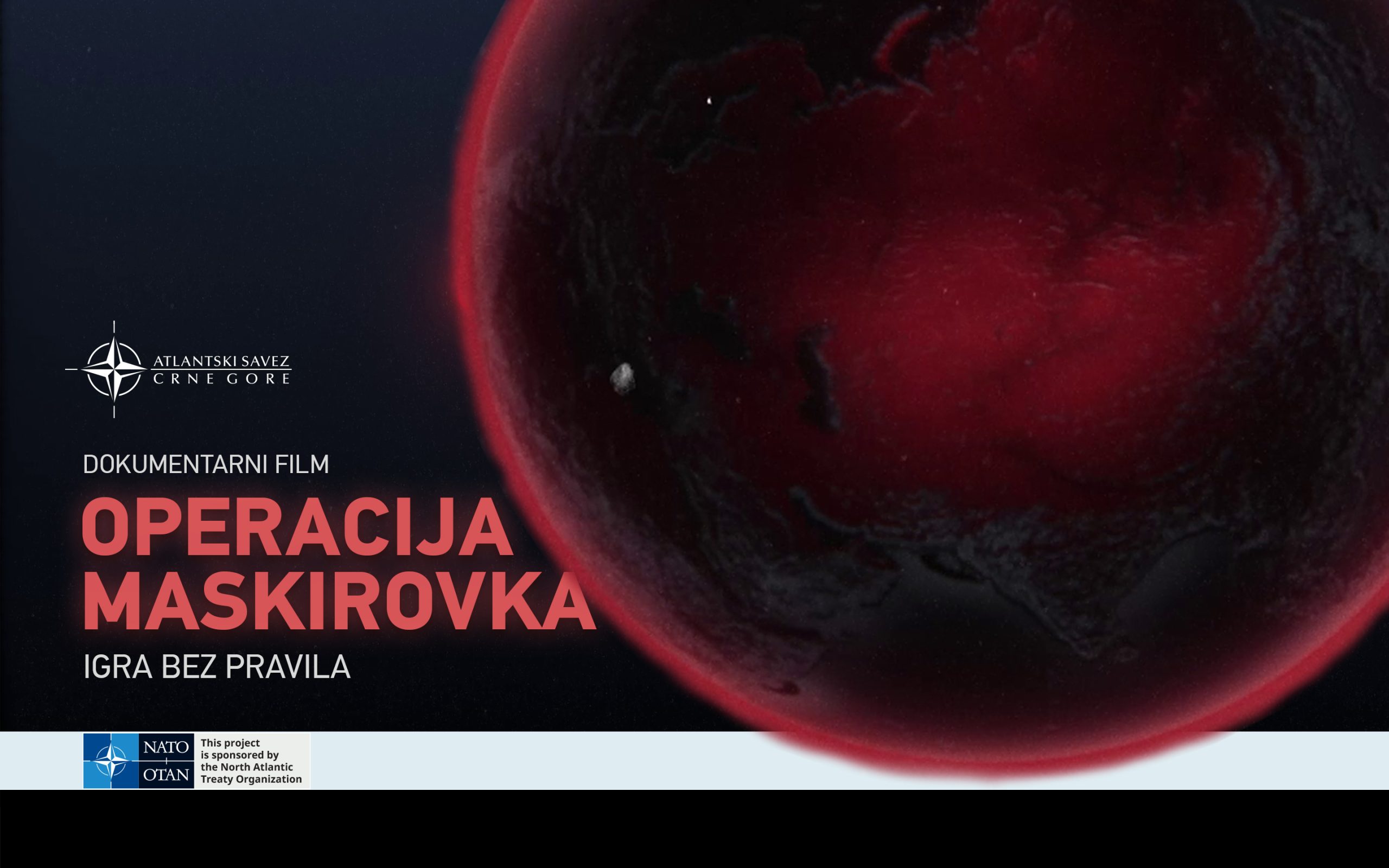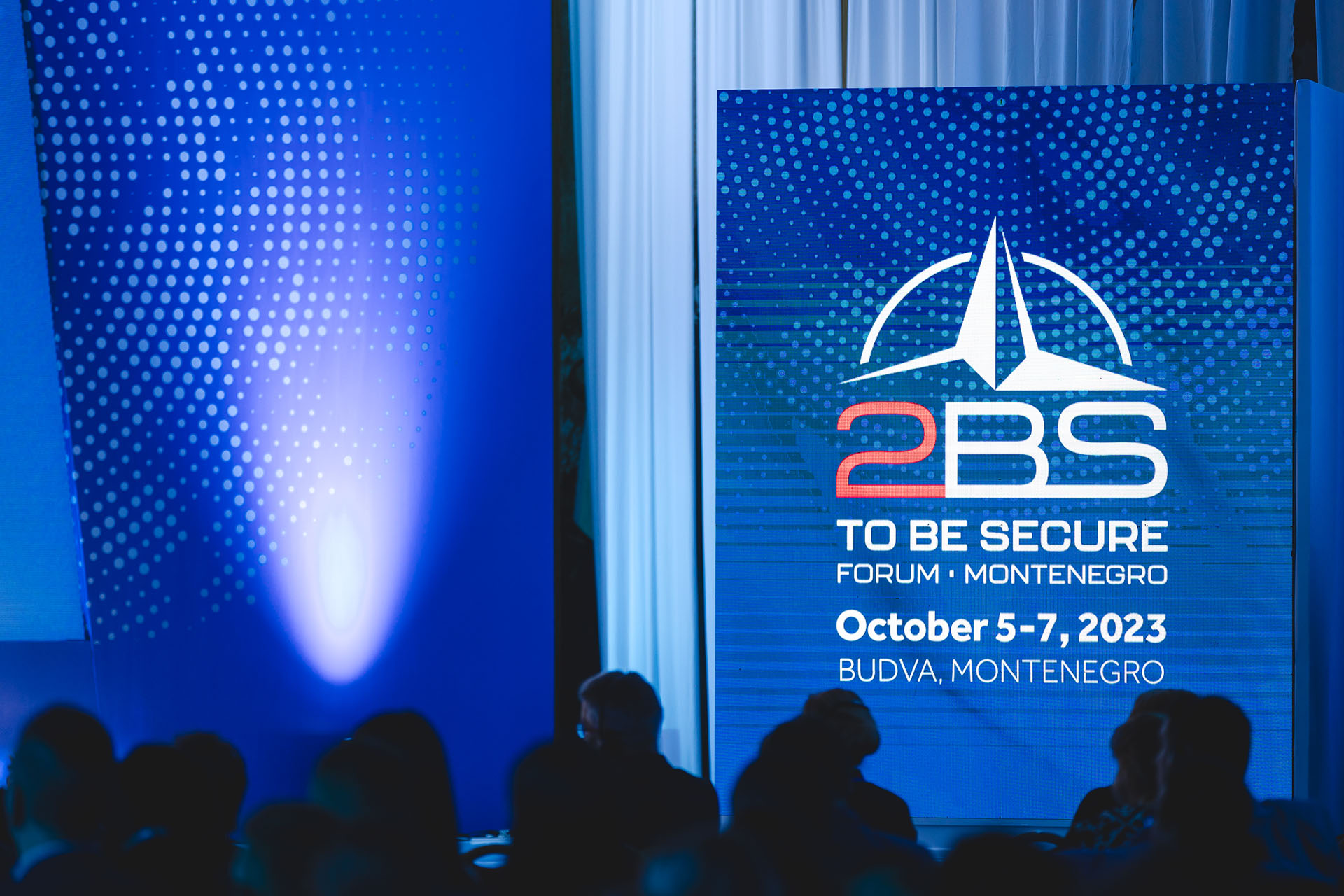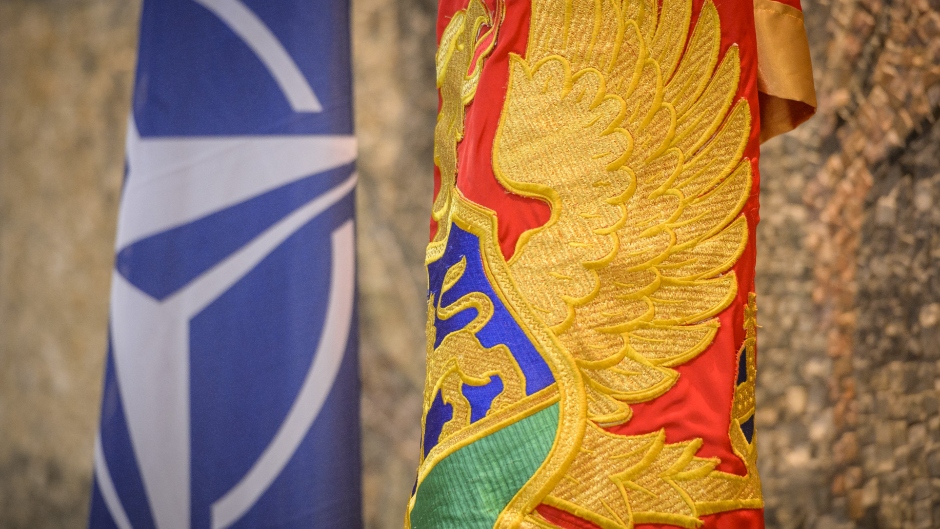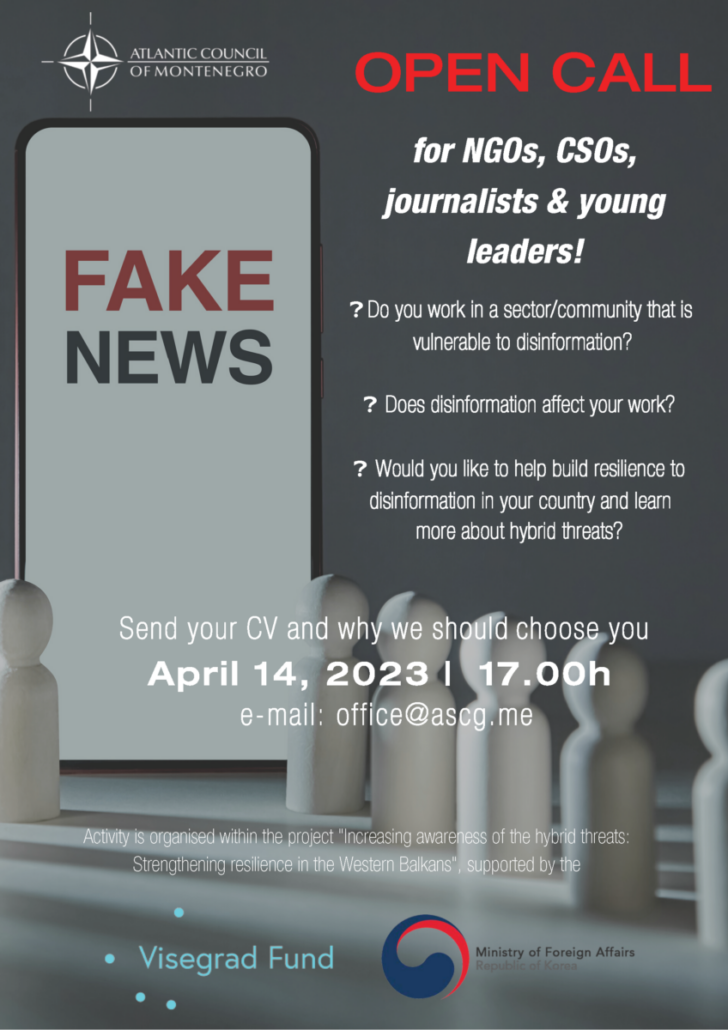Strengthening of the radical movements should not be the excuse for the EU member states not to allow the perspective of membership to the Balkan countries, and nationalism is used in order to weaken the independent judiciary, pluralism and freedom of media. This is one of the messages from the second panel at the eighth 2BS Forum taking place in Budva.
According to the assessment of the President of Kosovo,Hashim Thaçi, Montenegro is the inspiration for the region, and the EU, supported by NATO is the strongest peace mission so far in terms of security.
In his opening speech,Thaçicongratulated the citizens of Montenegro the Independence Day and he also sent congratulations to Milo Đukanović for becoming the President of Montenegro.
Thaçi said that he hopes that everyone will work together in order to get close to the EU and reminded that the Republic of Kosovo is in the process of constitutional changes, so that the community of Montenegrins would be accepted through the guaranteed mandate in the Parliament.
“Montenegro is the inspiration to the whole region in terms of the European and Euro-Atlantic integrations. We are happy that Montenegro is a member of NATO. The Montenegro’s and Albania’s NATO membership brings stability to the whole Western Balkans”, said Thaçi.
The President of Kosovo said that we should not retreat before populism since, if it occurred, the demarcation between Montenegrin border would never happen. As he stated, Thaçi is grateful to the authorities in Podgorica that demonstrated understanding and patience for the institutions on Kosovo concerning the process of demarcation.
“That was a wise approach, this is the reason why Montenegro and Kosovo have excellent relations today”, said Thaçi.
Speaking on the subject “Europe now”, Thaçi said that the membership in the EU is not a gift. He thinks that many things cannot be predicted since certain phenomena is developing by the principle of “the domino effect”, as it is the case with Brexit.
“But, we see that the EU stays strong, the pro-European forces are getting even stronger. The EU, supported by NATO is the strongest peace mission so far, in terms of security. The EU is not only a peace movement, but the movement that we aspire to in order to overcome the problems” Thaçi said, remarking that the strengthening of radical movements should not be the excuse for the EU members not to allow the perspective of membership to the Balkan countries.”
Thaçi said he believes that the agreement between Belgrade and Pristina is hard for Serbia and Kosovo, stating that everything could be overcome with the common European vision. Convinced that Kosovo will get its chair in the United Nations, Thaçi stated that he believes that one day, all of us would become members of the same family, and that is – the EU and NATO.
The ambassador of Kanada to Germany and the special deputy to the European Union and Europe, Stéphane Dion said that there are two problems that Europe is facing: Serbia and Kosovo, and the name dispute between Macedonia and Greece.
Dion thinks that Kosovo being the part of Serbia again is not a possibility; therefore, the only solution is the development of new neighboring relations between Belgrade and Pristina.
“I do not see any other solution”, said Dion.
Speaking about the name dispute between Athens and Skopje, he said that he does not see any problem concerning the name – New Macedonia.
“The other disputes that need to be solved before the EU membership are reflected in the fact that these six countries need to become firm liberal democracies. There is no way for the EU to absorb the countries in terms of the rule of law, since the EU is not as sure of itself as it used to be”, said Dion.
When it comes to the capacities for the improvement of democracy, Dion said that the nationalism is used as a way to consolidate the power of the autocrats.
“They use it in order to weaken the independent judiciary, pluralism, freedom of media… Democracy and its pillars are threatened by nationalism”, said Dion.
He said that he believes that Montenegro wants to be proud of its contribution to the stronger Europe and the Union. Political leaders are, as he assessed, allergic to any kind of criticism, particularly if it comes from abroad.
“It would be wrong to view the EU standards on the Balkans as a restriction. The requests that are placed upon you are the opportunity to fix the societies separately”, said Dion.
The Assessment of Progress of Montenegro from 2018 is, as he considers, the indicator of the obligations that a country should fulfill, while stating that “democracy has no end” and that we should keep working on it. Dion thinks that the countries of the Western Balkans have a lot to offer.
When it comes to the statement that Montenegro has been negotiating for six and a half years, as much as Croatia needed, but, the perspective for Montenegro will not be possible before 2025., Dion said that the support for enlargement is possible if the freedom of media and a fight counter organized crime are enabled.
“Improve your countries, fix them. I do not think that the leaders are hypocritical and that the Balkans in the EU is not in their interest”, said Dion.
He believed that the EU would gladly accept the Western Balkans, under condition that the new countries do not weaken liberal democracy.
The President of the European Movement in Montenegro, Momčilo Radulović, thinks that the French President, Emmanuel Macron, is a dark cloud above our horizon, while reminding us of his statement in Sofia that there will not be any enlargement before 2025.
As he says, the condition should be fulfilled because of us and our country, not for the pragmatism and the EU.
“Serbia and Montenegro are frequently put in the same basket. I do not know why they avoid to say that we are the leaders, since Serbia is lagging behind us. There should be made a difference between 30 and 13 open chapters, but, let us call the things by their real name.” said Radulović.
The leaders, as he says, should be the leaders and the facts should not be artificially blurred.
“We became a member of NATO and they are looking up to us, as Thaçi said. Therefore, you should follow the leader.”, Radulović said.
Speaking about the Russian influence, Radulović said that around 25 percent of the public is still inclined towards Russia, which creates problems in the national pride.
“When there is no national consensus, it is particularly difficult to do something. The quarter of the population is on the side of Russia in the mutual meetings. Whenever you have a Russian investment, you have Sahara, in economic terms. We really did experience it”, said Radulović, stating that we still can feel the consequences of Russia’s political interference into Montenegrin issuesin 2016.
He thinks that it is hard to find positive examples of the Russian influence on the politics and economy.
Senior Associate on the Harvard, Radoslav Sikorski, said that the statement of Macron concerning the Balkans is a serious attitude which is not exclusively his but it is a widespread opinion in the Western Europe.
“The EU will be two times more cautious about the way that the enlargement is going to develop”, said Sikroski.
He is positive that the EU will not admit any new member state which could regress.
“Therefore, the candidate countries should not mark their obligations, but they should do something meaningful, something which would recommend them for the EU members”, Sikroski said.
As he says, the alarming fact on the Balkans is that Russia did not have this much influence 50 years after the war.
The former Minister of Defense of Slovenia, Roman Jakić, considers that the problem lies in the fact that the populism is increased by those who are against the EU enlargement.
“I am sure that all the countries do everything they can to join the EU. Montenegro and Macedonia are very active in this role”, Jakić said.
He says that the attitude of Slovenia is that the Western Balkans should be integrated as soon as possible and it should be considered from the geopolitical point of view, not through a sole fulfillment of conditions and “marks”.








